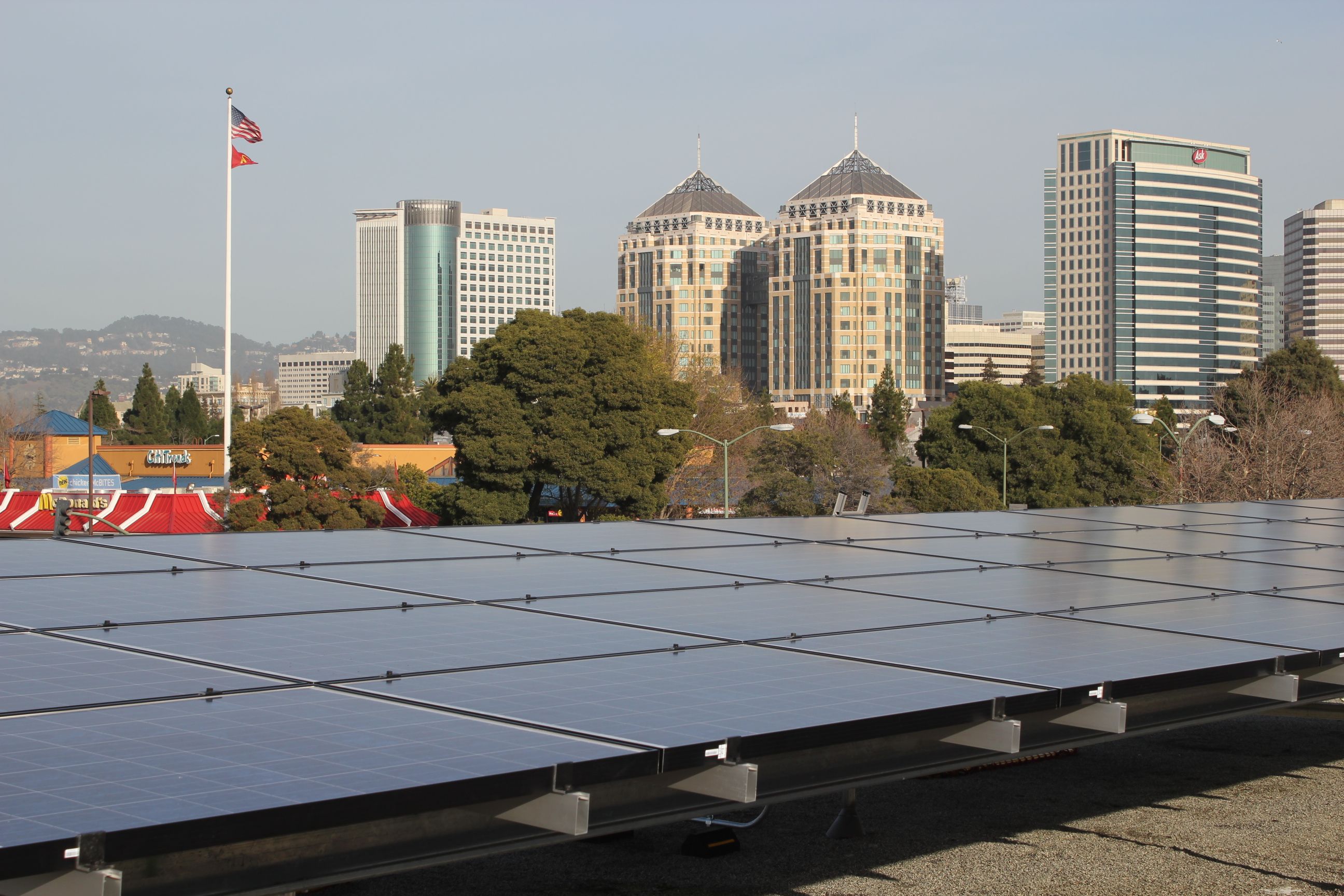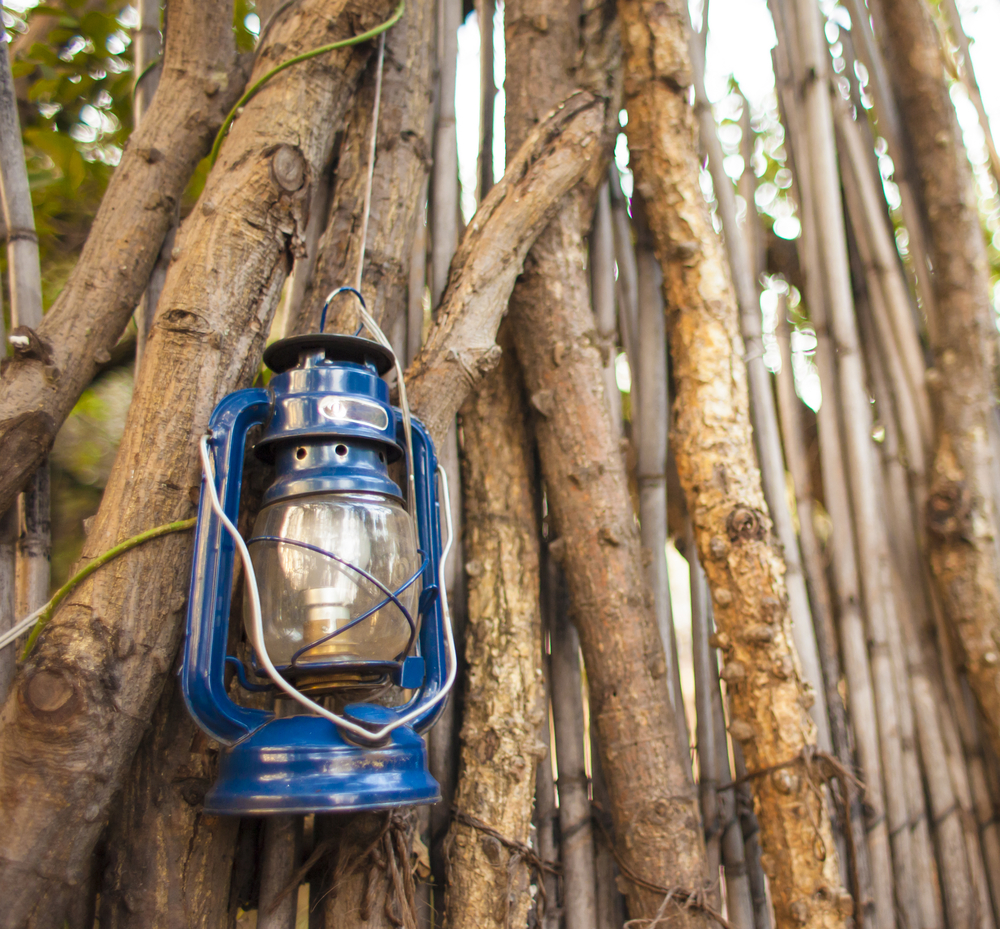 |
| Reviews and Templates for Expression We |
Verizon gives Mosaic $1 million to crowdfund developing-world solar

Thirty years ago, while working in Haiti, I distinctly remember one night walking by a student reading his textbook under a streetlamp. He told me it was the only source of light he had access to. Recently, I met a Haitian engineer who had come to the U.S. and is now working here. I related the story to him and he laughed and said, "I did the same thing."
If Mosaic can realize its vision, that student and thousands like him may be able to look forward to a brighter future. Last week at the Consumer Electronics Show in Las Vegas, Mosaic announced it had received a $1 million award from Verizon Powerful Answers (a program addressing issues related to education, health care and sustainability) to help provide electricity to the developing world.
The prize will help Mosaic fund solar projects in developing countries, using mobile phones as the medium for financial transfers. As solar projects are completed and go online, the beneficiaries will use their mobile devices to repay developers and the investors who initially financed the projects. In taking this step, Mosaic could expand its crowdsourcing approach — which already has sourced $6.6 million of financing for U.S. projects — to a global level.
 A crowdfunded Mosaic solar project in Oakland, Calif. (Credit: Mosaic)
A crowdfunded Mosaic solar project in Oakland, Calif. (Credit: Mosaic)The potential is enormous: An estimated 1.4 billion people in the world still lack access to electricity, and many likely never would have access through a conventional power grid. Mosaic indicates that it is in active discussions with entrepreneurs in Africa, Brazil, Southeast Asia and India.
Billy Parish, co-founder and president of Mosaic, notes that his company is in a good place to profit from this venture. "There's a $15 billion market emerging for micro- and mini-grids and trillions of dollars going into impact investing already," he said. "Mosaic has the expertise and infrastructure to bring this opportunity to U.S. investors and finance clean energy for people who have never had electricity before, helping to alleviate some of the harshest poverty on the planet."
How the plan will work
Parish and his team are aware of the challenges inherent in such a new and different market, but they think they can take advantage of their existing approach and expertise: "Our project finance team is adapting the due diligence process we currently use for solar lending in the U.S. to projects in emerging markets. There is additional complexity we need to manage such as currency exchange, international lending regulations and sovereign risk. We do expect these investments will generate higher returns."
According to Parish, the projects will work as follows:
1. The project finance team will work with solar developers to vet a project and structure an investment. They will sign a term sheet for Mosaic to make a loan.
2. Mosaic will obtain any necessary regulatory approvals and post the project on its platform for investors to fund.
3. Investors across the nation will invest to fund the project.
4. The solar customer will use a cellphone to pay the solar developer under a Power Purchase Agreement, who in turn will repay the loan to Mosaic.
5. Mosaic then will make monthly or quarterly principal and interest payments to the investors.
Potential benefits
In the developing world, there is great potential for two key components of the Mosaic model: the use of the cell phone in the financial transaction process, and the use of solar as an energy source.
 Oil lantern in an African village (Credit: e2dan via Shutterstock)Cellphones already have been responsible for enormous quality-of-life improvements in developing countries. In Africa, the world's least developed continent, an estimated seven in 10 inhabitants own their own devices and 84 percent use phones at least occasionally.
Oil lantern in an African village (Credit: e2dan via Shutterstock)Cellphones already have been responsible for enormous quality-of-life improvements in developing countries. In Africa, the world's least developed continent, an estimated seven in 10 inhabitants own their own devices and 84 percent use phones at least occasionally.
Additionally, in Africa, cellphones routinely are used for banking. In fact, the Economist noted that more than two-thirds of Kenyans use cellphones for their banking, and would skip meals or walk (rather than pay bus fare) in order to keep their cellphone access. An estimated 25 percent of Kenya's GNP flows through the country's mobile money service. Cellphones are also critical to farmers seeking to find the best prices for their crops and eliminate the middleman. Kenya is not quite representative of the rest of the continent; in Tanzania, the closest competitor, 40 percent use their phones to move money. Nonetheless, this trend in Africa continues to move in an upward direction.
The use of solar energy also has great promise. Solar-generated electricity can help offset costly expenditures, such as lamp oil for illumination. The savings in costly and dangerous kerosene lighting alone would be likely to pay for a large part of the solar cells. And the other benefits, such as the ability for students to study at home, or for clinics to keep medicines refrigerated, are enormous.
If Mosaic has its way, cellphones would help to light up the night and illuminate the future of countless individuals. As Parish said, if successful, "In five years, we hope to enable millions of people to invest in clean-energy projects in their communities and around the world."
Solar panel photo by Markus Pfaff via Shutterstock
|
|
|
|
Copyright 2011 Energy and Technical Services Ltd. All Rights Reserved. Energyts.com |